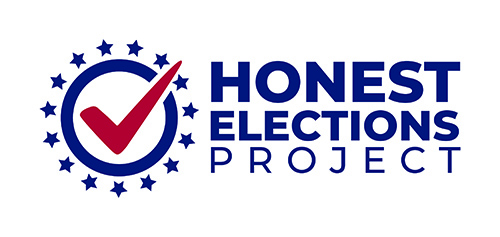The Honest Elections Project filed a brief in federal court recently, defending Virginia’s duly-enacted witness requirements for absentee ballots.
Jason Snead, executive director, made this statement:
“Absentee ballots are inherently less secure than votes cast in person. Yet, due to the pandemic, more voters than ever before are going to rely on absentee voting. They deserve to know that the integrity of their votes will be guaranteed by the full measure of safeguards which our democracy demands. Unfortunately, activists and partisans on the left continue to view this pandemic as an opportunity to use the courts to score political victories that risk undermining the credibility of our elections.”
Our amicus brief makes several key points:
- Every state, including Virginia, has an important interest in preventing voter fraud and preserving public faith in the integrity of the electoral process. That is true even in the midst of a pandemic, when preserving the integrity of absentee voting will be more crucial than ever.
- The U.S. Supreme Court has long held that courts should not intervene and rewrite state election laws on the eve of a vote—the risk of courts causing voter confusion and wreaking havoc with the administration of elections by changing the rules at the eleventh hour is too great. The lessons of the Wisconsin election prove those concerns are valid: owing to the last-minute Democratic lawsuit, voting procedures were in flux until the night before the election, causing genuine uncertainty for voters and officials alike.
- Invalidating absentee witness requirements was a key aim in that Wisconsin litigation, and the District Court initially agreed to enjoin enforcement of the law. But the Seventh Circuit stayed that order. Wisconsin had outlined several methods to comply with the witness requirements during the pandemic, and it was inappropriate for the Court to substitute its preferences for the judgements of elected officials. That same logic applies here: Virginia has a vested interest in preserving the credibility of its elections, and courts should neither ignore that interest and rewrite state law.
Click HERE to read the entire brief filed in Federal Court.
